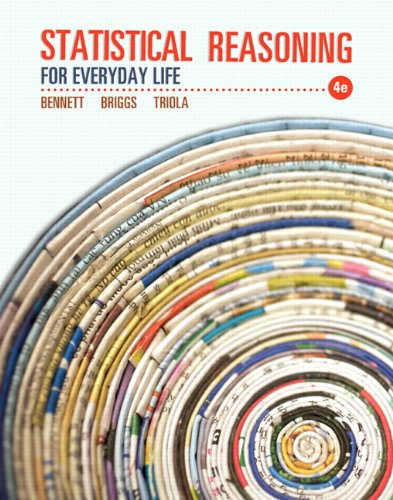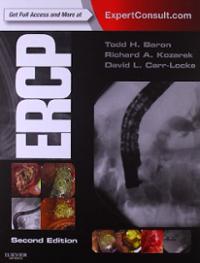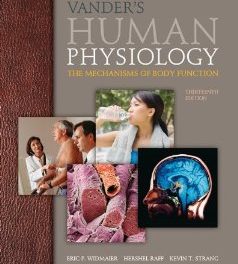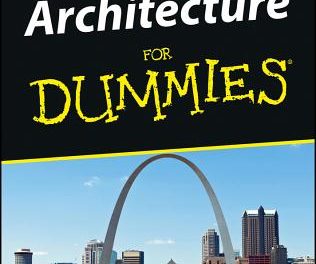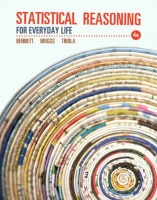 Authors: Jeffrey Bennett, William L. Briggs, and Mario F. Triola
Authors: Jeffrey Bennett, William L. Briggs, and Mario F. Triola
Publisher: Pearson – Education – 382 pages, plus Appendices, Glossary and Answers
Book Review by: Venkat Subramaniam
This valuable book provides you the student or teacher, an understanding of basic statistical concepts. A knowledge of statistics enables you to become a better critical thinker and decision maker in any business or profession. It also enables you to better understand what your read in a publication, listen on radio, or watch on television.
Unlike other textbooks on statistics, the authors of this book have made a real effort to relate what they write in this book to what you experience in your everyday world. They cover many aspects of statistics in this book, and here below is an overview of its contents:
- Speaking of Statistics
- Measurement in Statistics
- Visual Displays of Data
- Describing Data
- A Normal World
- Probability in Statistics
- Correlation and Causality
- From Samples to Populations
- Hypothesis Testing
- t Tests, Two-Way Variables, and ANOVA
Much can be learned from the nearly 400 pages of this book, but the online resources we mention about below can be of invaluable help to you if you want to get more from this book.
If you want to hasten your teaching and learning and use MyStatLab available at this site: http://www.pearsonmylabandmastering.com/northamerica/mystatlab/. This is Pearson’s course management system that delivers proven results in helping individual students like you succeed. Pearson is the world’s largest publisher of educational books. These are some of the benefits of using this online resource:
- MyStatLab can be successfully implemented in any environment – lab-based, hybrid, fully online, traditional – and demonstrates the quantifiable difference that integrated usage has on student retention, subsequent success, and overall achievement
- MyStatLab’s comprehensive online gradebook automatically tracks students’ results on tests, quizzes, and homework and in the study plan. Instructors can use the gradebook to provide positive feedback or intervene if students have trouble. Gradebook data can be easily exported to a variety of spreadsheet programs, such as Microsoft Excel. You can determine which points of data you want to export and then analyze the results to determine success.
- MyStatLab provides engaging experiences that personalize, stimulate, and measure learning for each student. In addition to these resources, each course includes a full interactive online version of the accompanying textbook: Tutorial Exercises with Multimedia Learning Aids, StatTalk Videos, Getting Ready for Statistics, Conceptual Question Library, StatCrunch, Statistical Software Support, and Expert Tutoring.
The authors have organized and presented the materials in each chapter in such a way that they can be more easily understood and retained in your mind. You will note short paragraphs, separate (oftentimes colored) text boxes, notes on the margins or edges of the pages, and many features that enhance the learning process for students.
Here are some of those features we found as we looked at chapter 1, Speaking of Statistics:
- An attractive, creatively-laid out chapter cover page
- A brief introductory paragraph
- Learning Goals at the beginning of each chapter
- By the Way notes on the margins
- Definitions that explain what certain words mean in the field of statistics
- Examples to bring concepts to real life
- Solutions that provide answers to questions posed
- Time Out to Think tabs that pose questions and make you really think
- Exercises for the different sections in a chapter
- Projects for the Internet and Beyond that make you find information online
The authors understand that the best way for students to learn anything is not just to read, recite and review it, but to actually do things which give them a chance to think. This is called creative thinking and problem solving.
This is really a good book through which to learn statistics in fun, productive, effective ways.
Jeffrey Bennett is affiliated with the University of Colorado at Boulder
William L. Briggs is affiliated with the University of Colorado at Denver
Mario F. Triola is affiliated with Dutchess Community College

